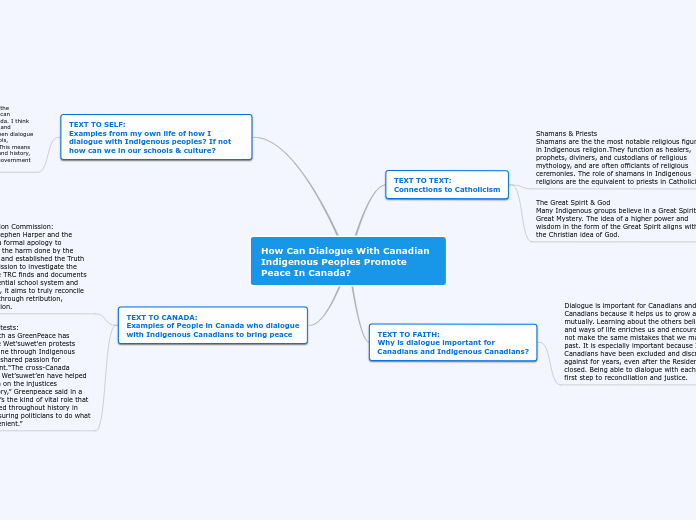jonka Victoria Evans 5 vuotta sitten
1398
How Can Dialogue With Canadian Indigenous Peoples Promote Peace In Canada?

jonka Victoria Evans 5 vuotta sitten
1398

Lisää tämän kaltaisia